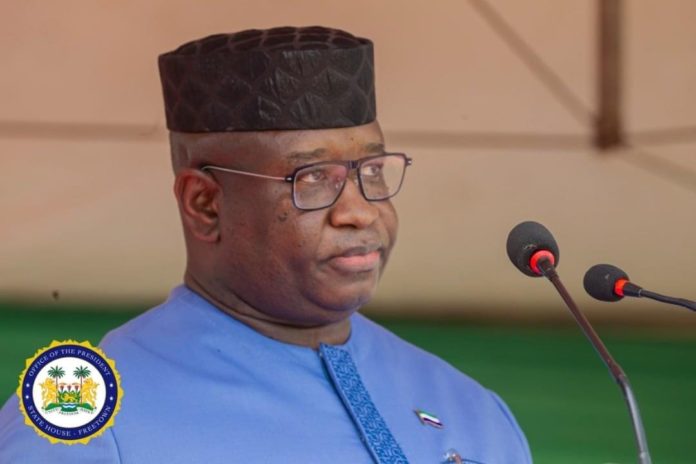By Amin Kef Sesay
There are officials that assist the President in the exercise of his power to exercise clemency to convicts. There are also Rules Governing the Processing of Petitions for Executive Clemency.
The Mercy Committee under the direction of the Attorney General receives and reviews all petitions for Executive Clemency. These include:
Pardon after completion of sentence, Commutation of sentence, Remission of fine or restitution and reprieve), Initiates and directs the necessary investigations, and Prepares a report and recommendation for submission to the President in every case.
In addition, the Office of the Attorney General is supposed to act as a liaison with the public during the pendency of a clemency petition, responding to correspondence and answering inquiries about clemency cases and issues. The following sets forth guidance on clemency matters.
The Attorney General can contribute significantly to the clemency process by providing factual information and perspectives about the offense of conviction that may not be reflected in the presentence or background investigation reports or other sources.
As a general matter, in clemency cases the correctness of the underlying conviction is assumed and the question of guilt or innocence is not generally at issue.
In cases involving pardon after completion of sentence, the Attorney General is expected to comment on the petitioner’s post-conviction rehabilitation, particularly any actions that may evidence a desire to atone for the offense, in light of the standards generally applicable in pardon cases.
Similarly, in commutation cases, comments may be sought on developments after sentencing that are relevant to the merits of a request for mercy.
The Attorney General importantly must solicit the views and recommendation of the sentencing judge. I
In general, a pardon is granted on the basis of demonstrated good conduct for a substantial period of time after conviction and service of sentence and seriousness and relative recentness of the offense.
When an offense is very serious, (e.g., a violent crime, major drug trafficking, breach of public trust, or white collar fraud involving substantial sums of money), a suitable length of time should have elapsed in order to avoid denigrating the seriousness of the offense or undermining the deterrent effect of the conviction.
In the case of a prominent individual or notorious crime, the likely effect of a pardon on law enforcement interests or upon the general public should be taken into account. Victim impact may also be a relevant consideration.
However, when an offense is very old and relatively minor, the equities may weigh more heavily in favor of forgiveness, provided the petitioner is otherwise a suitable candidate for pardon.
Acceptance of responsibility, remorse, and atonement. The extent to which a petitioner has accepted responsibility for his or her criminal conduct and made restitution to its victims are important considerations.
A petitioner should be genuinely desirous of forgiveness rather than vindication. While the absence of expressions of remorse should not preclude favorable consideration, a petitioner’s attempt to minimize or rationalize culpability does not advance the case for pardon.




